
Rob Walton College of Global Futures
Recommended programs for all majors within the College of Global Futures
GEO Recommended Programs
Check out our resources on choosing a program and see how your scholarships apply to different program types.
Please note, this is not an exhaustive list. ASU students can participate in any GEO program.

Global Flex
Your world. Your choice.
Have specific degree requirements? Take your ASU courses online while studying abroad. Choose from 19 cities to spend 6, 12 or 18 weeks abroad.
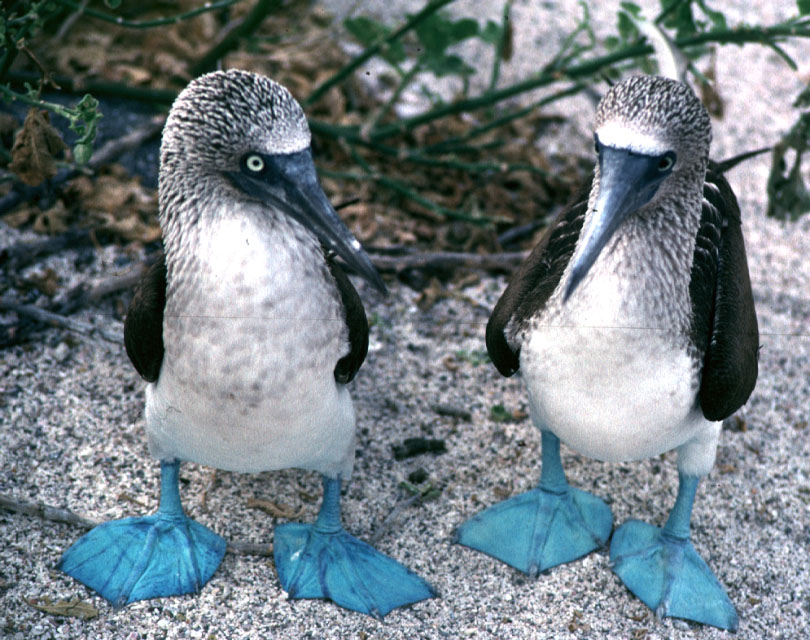 Program type: Global Intensive Experience
Program type: Global Intensive Experience
Available terms: Post-Spring
Country:
View Pre-Approved Courses
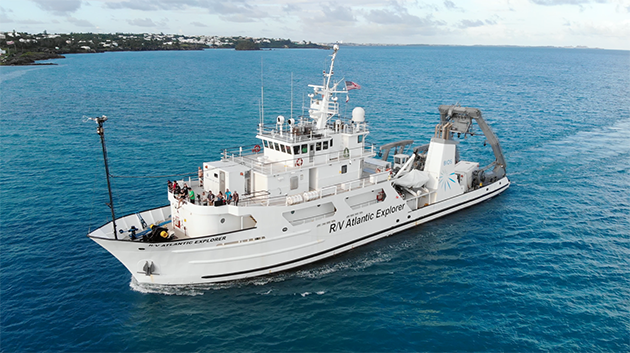

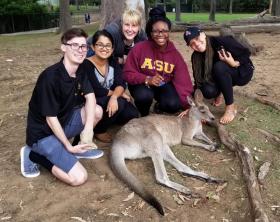
 Program type: Faculty-Directed
Program type: Faculty-Directed
Available terms: Summer
Country: Australia, Fiji
View Pre-Approved Courses
 Program type: Partnership
Program type: Partnership
Available terms: Fall, Spring, Summer
Country: Choose from 20 locations
View Pre-Approved Courses
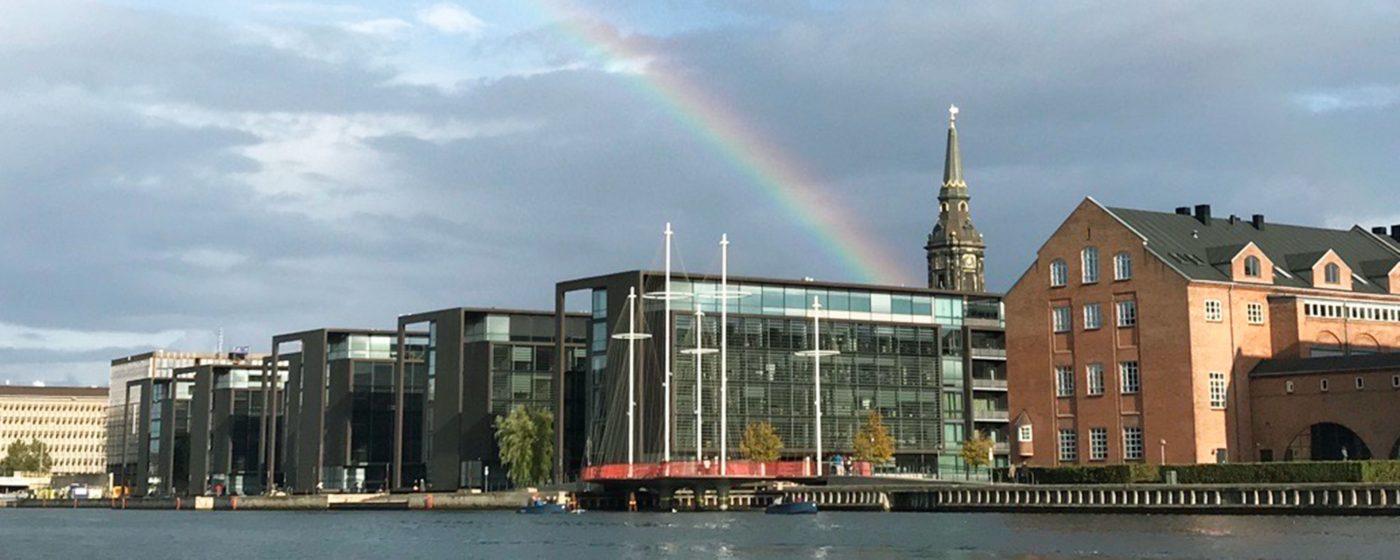
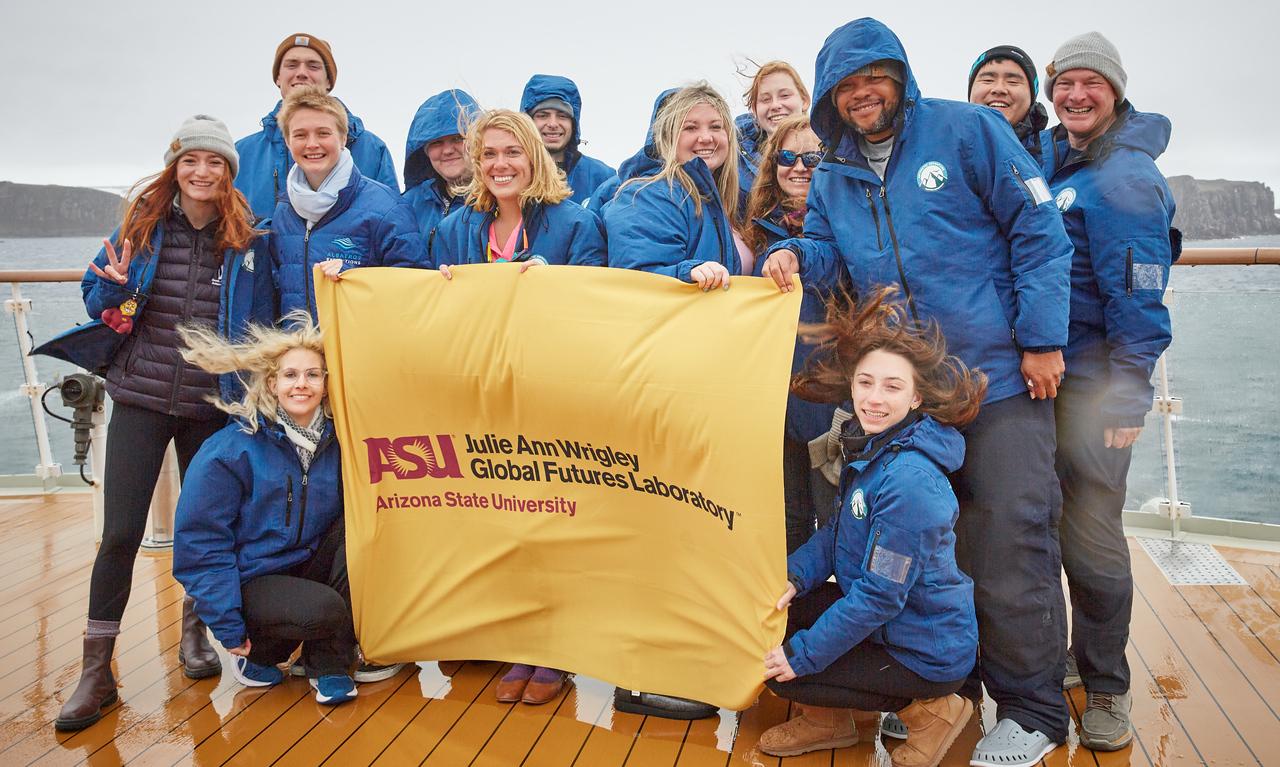 Program type: Global Intensive Experience
Program type: Global Intensive Experience
Available terms: Winter Break
Country:
View Pre-Approved Courses
 Program type: Global Intensive Experience
Program type: Global Intensive Experience
Available terms: Spring Break
Country: United States
View Pre-Approved Courses
 Program type: Global Intensive Experience
Program type: Global Intensive Experience
Available terms: Winter Break
Country: Costa Rica
View Pre-Approved Courses
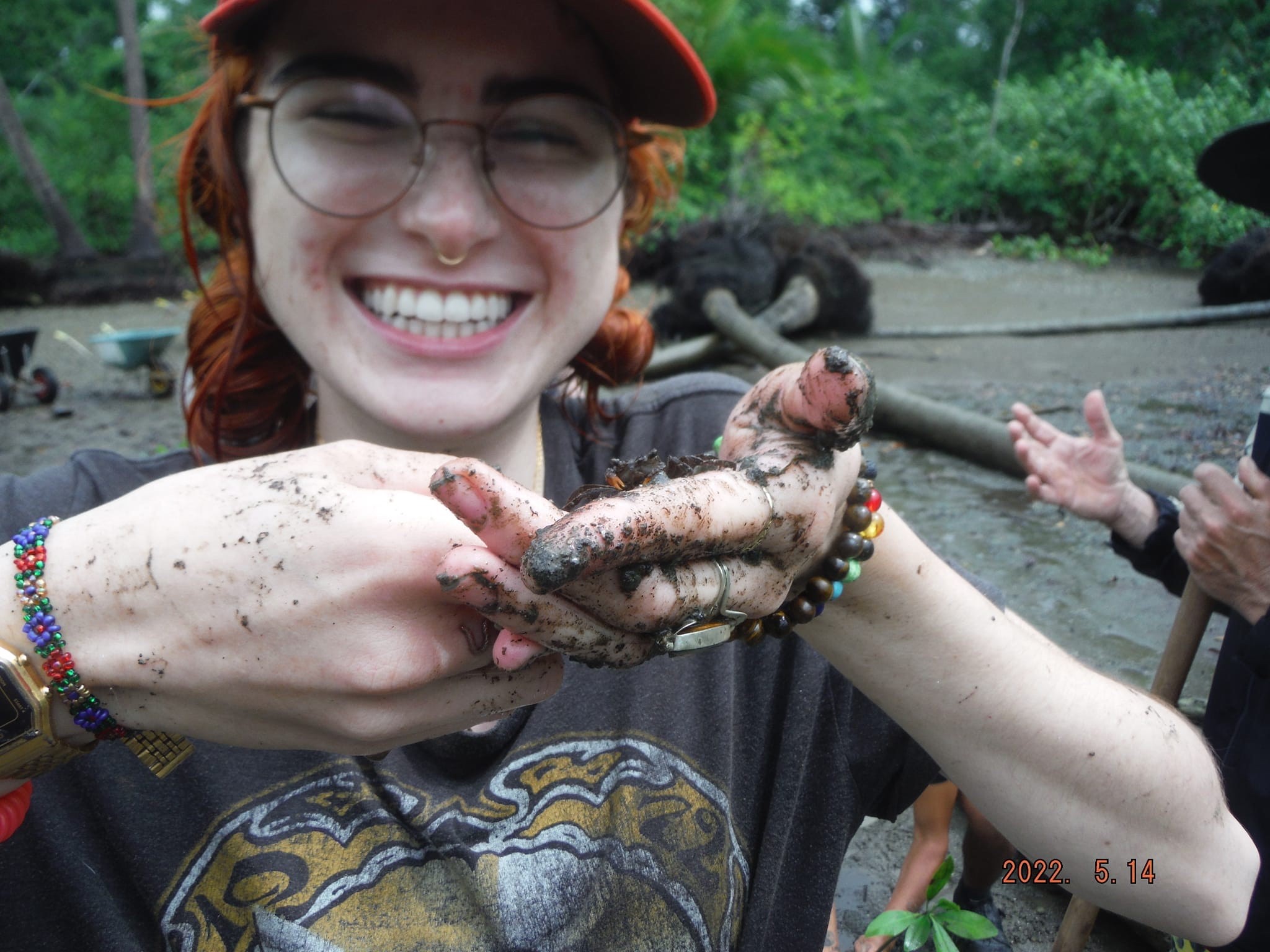 Program type: Global Intensive Experience
Program type: Global Intensive Experience
Available terms: Post-Spring
Country: Costa Rica
View Pre-Approved Courses
 Program type: Global Intensive Experience
Program type: Global Intensive Experience
Available terms: Spring Break
Country: France
View Pre-Approved Courses
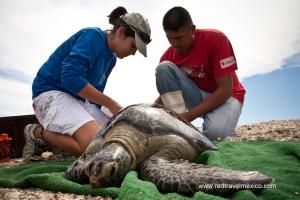 Program type: Global Intensive Experience
Program type: Global Intensive Experience
Available terms: Spring Break
Country: Mexico
View Pre-Approved Courses
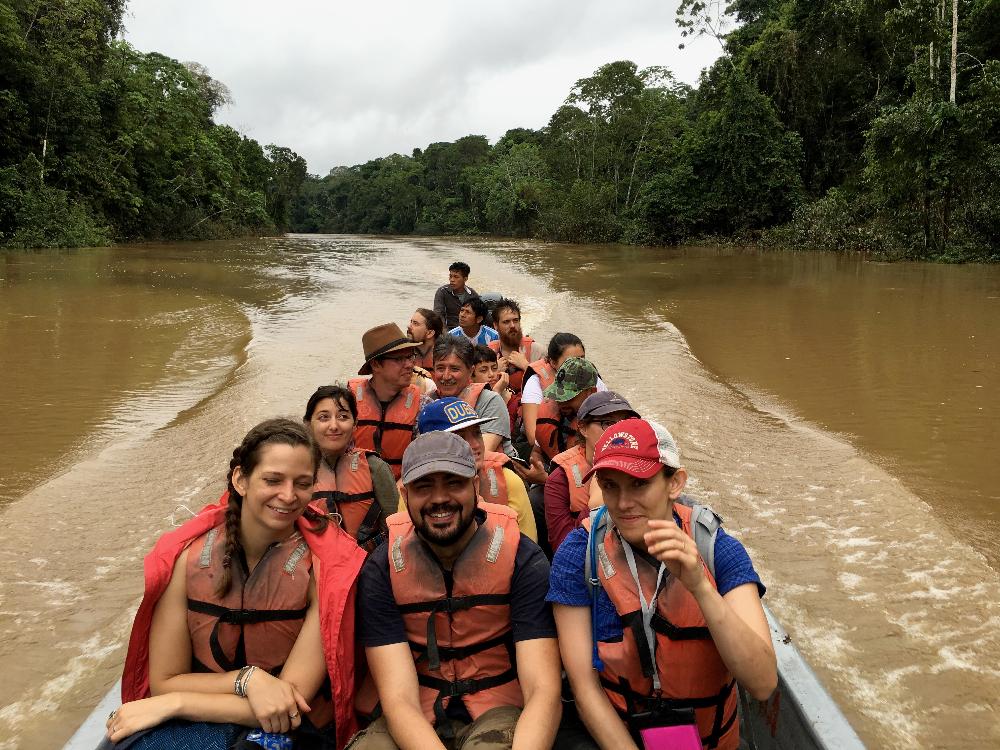 Program type: Global Intensive Experience
Program type: Global Intensive Experience
Available terms: Post-Spring
Country: Ecuador
View Pre-Approved Courses

 Program type: Partnership
Program type: Partnership
Available terms: Academic Year, Fall, Spring
Country: Italy
View Pre-Approved Courses
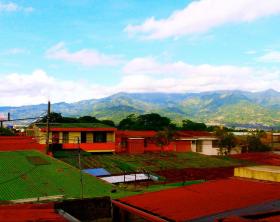 Program type: Partnership
Program type: Partnership
Available terms: Fall, Spring, Summer
Country: Costa Rica
View Pre-Approved Courses
Intern internationally
Boost your resume and impress future employers with an international internship.
Planning Your Program
Key questions to ask
- What are my remaining degree requirements?
- When is the ideal time to study abroad for my major?
- How many upper-division credits do I still need to complete for my degree?
- How many elective credits (lower vs. upper division) do I have left to complete my major?
- What remaining prerequisites must I fulfill, and how will a Global Education program impact my progress?
- Which of my remaining degree requirements could I complete abroad? Are there any that I cannot take abroad?
- Can I receive academic credit for an internship abroad?
- Are there any in-residence requirements I need to be aware of before I go abroad?
Meeting with a Peer Advisor
Peer Advisors are ASU students who have studied abroad on various types of programs and who are here to help you get started on a journey of your own! They are prepared to help you understand the different types of programs offered, narrow down your program options, guide you on the application process, discuss program costs, and speak about student life abroad.
- Schedule a Peer Advising appointment
- Stop by the Global Education Office anytime Monday through Friday from 8:00 a.m. - 5:00 p.m.
- Contact a Peer Advisor by email [email protected].
- Call a Peer Advisor at (480) 965-5965.
Meeting with an International Coordinator
Your International Coordinator can answer your questions about specific programs, talk you through the application process and can help you find funding resources for your particular program on the Global Education Office website. Your International Coordinator is happy to meet with you to answer your questions and they would be glad to schedule meetings in person, by phone, or via Zoom.
- Find the name of your International Coordinator listed on the Global Education Office webpage for your program of interest.
- Schedule an appointment online. Click on the International Coordinator name for your program of interest and follow the prompts to schedule your appointment.
Key questions to ask the Global Education Office
- What are the eligibility requirements for my program(s) or interest?
- What is involved in the application for my program(s) of interest? Is admission to the program competitive?
- How will I get ASU credit and grades for the courses I take abroad?
- What courses are available on my program? How can I get courses approved for my program(s) of interest?
- What is the cost of participating in my program(s) of interest? What do I need to consider in preparing an estimated budget for my program(s) of interest, and what expenses do I need to plan for upfront?
- Where can I find more information about scholarships for Global Education programs?
Pursuing a global experience is an investment in your future. Like any other type of investment, it requires careful planning and management. However, the personal, academic, and professional rewards that you will gain from this experience will last a lifetime. You should carefully consider costs, budgets, and financing when selecting and preparing for your global experience.
Review Cost Sheet
You can find a Cost Sheet for your program on the Cost Info tab of the Global Education Office webpage for your program. The Cost Sheet will highlight the costs that are billed to your student account as well as additional estimated costs that are not billed to your student account but that you might expect to spend while participating. Be sure to note what expenses are included in the fees charged by the Global Education Office, and remember to budget additional money for airfare, passport and visa fees and personal expenses as needed since these are not included in any Program Fee.
Research Funding
Once you have reviewed the Cost Sheet for your program and are aware of the costs you might expect to spend on your program, you can begin to make a plan for financing your global education program. You can receive funding for your program through financial aid, scholarships and grants, and community-based fundraising efforts. We encourage you to:
- Speak to Financial Aid and Scholarship Services (FASS) about financial aid;
- Use our Scholarships and Grants page to search for scholarships that may apply. Check the program brochure page for program-specific scholarships.
Financial Aid
We encourage you to speak to a Financial Aid Counselor, who can help you figure out how your financial aid might be applied to your global education program. Be sure to seek answers to the following questions from a Financial Aid Counselor:
- How do loans work for my global education program? What kinds of aid/loans do I currently receive, and are there any restrictions on this aid if I participate on a GEO program?
- Have I reached the maximum of (insert name of) loan allowed per academic year?
- When will funds be released for my semester of participation?
- How will additional scholarships impact my ASU financial aid?
Attend Financing Workshop
Would you like help learning about your financing options? We offer Financing Your Global Education Program Workshops through Fall and Spring semesters. Join us to learn how to finance your global education program through financial aid, scholarships and grants, and community-based funding.